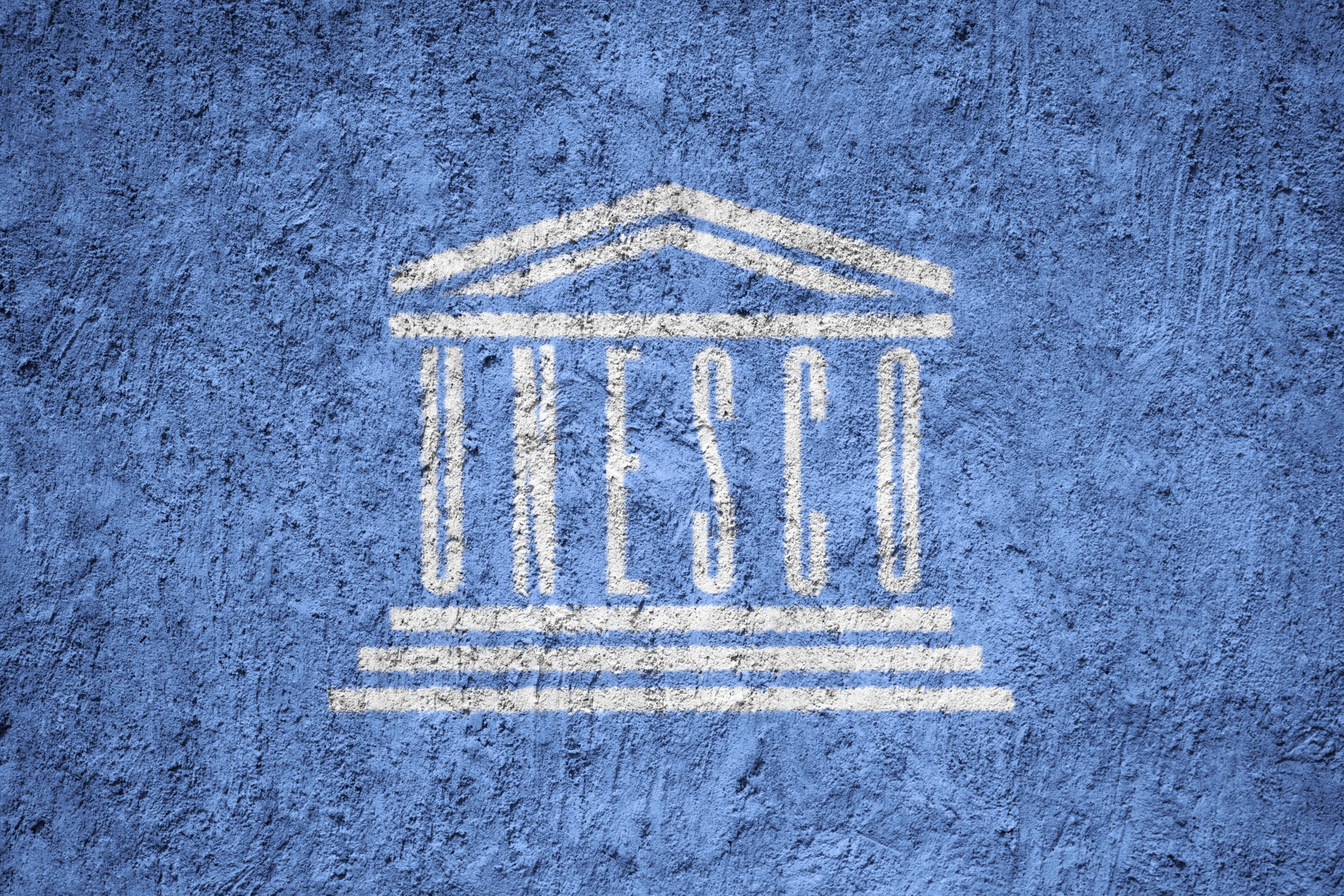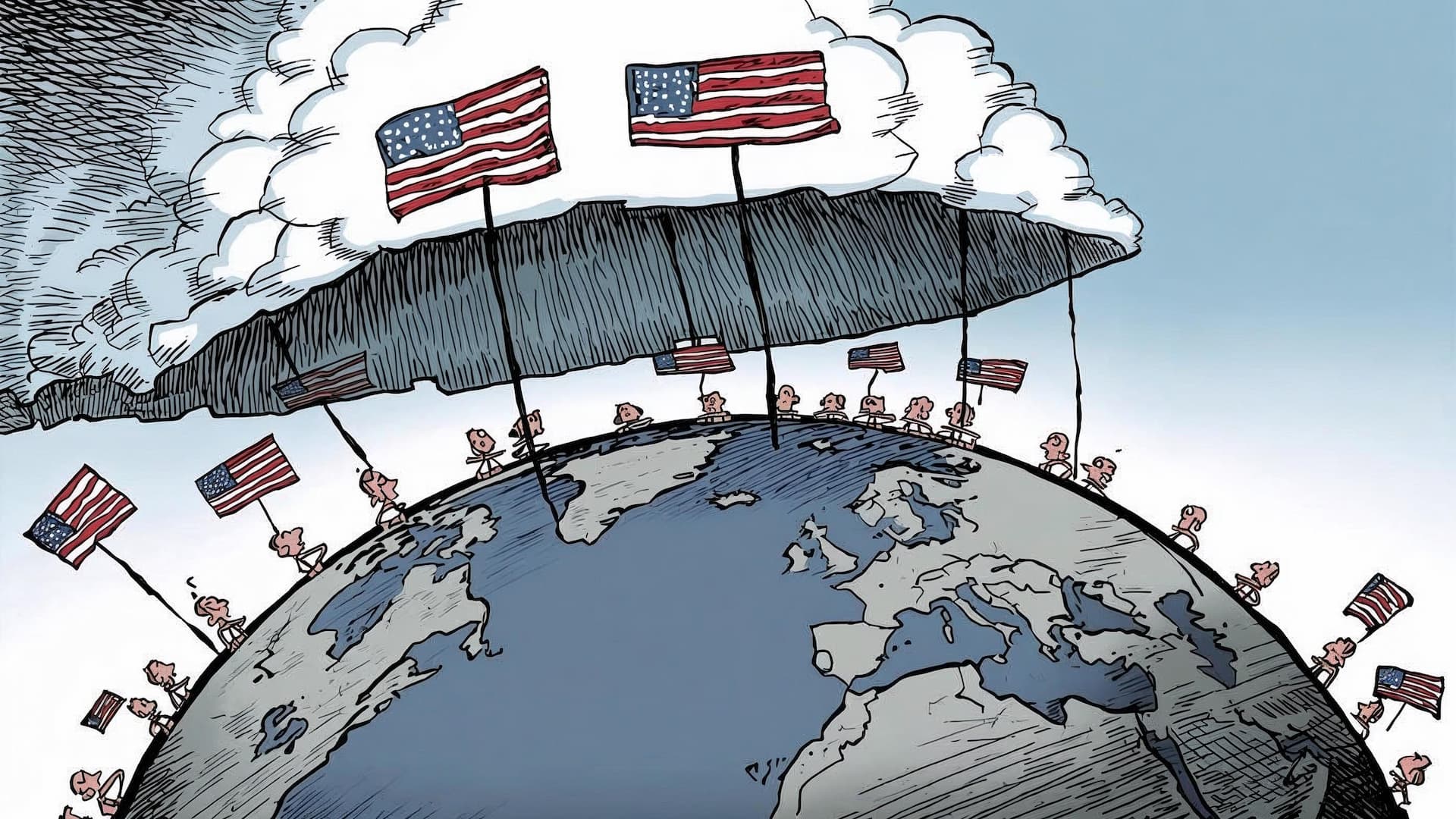Hamad Bin Khalifa University has unveiled the UNESCO Chair on Digital Technologies and Human Behaviour to strengthen global understanding of how emerging tools shape society.
An initiative, located in the College of Science and Engineering in Qatar, that will examine the relationship between digital adoption and human behaviour, focusing on digital well-being, ethical design and healthier online environments.
The Chair is set to address issues such as internet addiction, cyberbullying and misinformation through research and policy-oriented work.
By promoting dialogue among international organisations, governments and academic institutions, the programme aims to support the more responsible development of digital technologies rather than approaches that overlook societal impact.
HBKU’s long-standing emphasis on ethical innovation formed the foundation for the new initiative. The launch event brought together experts from several disciplines to discuss behavioural change driven by AI, mobile computing and social media.
An expert panel considered how GenAI can improve daily life while also increasing dependency, encouraging users to shift towards a more intentional and balanced relationship with AI systems.
UNESCO underlined the importance of linking scientific research with practical policymaking to guide institutions and communities.
The Chair is expected to strengthen cooperation across sectors and support progress on global development goals by ensuring digital transformation remains aligned with human dignity, social cohesion and inclusive growth.
Would you like to learn more about AI, tech and digital diplomacy? If so, ask our Diplo chatbot!










